Euronews Next spoke to experts at the Paris summit for their reactions on the AI summit’s declaration.
The Paris Artificial Intelligence (AI) Action Summit closed this week with a declaration that outlined policies for ensuring AI is “open, inclusive, transparent, ethical, safe, secure and trustworthy”.
Some 60 countries signed the declaration but notably the United Kingdom and the United States did not.
The UK cited national security concerns as its reason while the US did not specify exactly why it did not sign the doctrine but the country’s vice president, JD Vance, warned delegates in Paris that too much regulation would stifle innovation.
However, experts at the summit told Euronews Next that the declaration did not go far enough to address the possible risks and harms caused by AI.
Need for addressing risks and inequities
“I think that the communique doesn't adequately speak to the sort of real-world risks and harms,” said David Leslie, director of ethics and responsible innovation research at The Alan Turing Institute.
Some of the most pressing risks of AI include bias, cybersecurity, and data privacy issues.
“Action obviously means forward action and progressive action in terms of advancing opportunities for growth and economic benefit,” he told Euronews Next.
“But action also has to do with redressing the set of existing risks and harms that over the last couple of years, and especially with the scaling of the production and user-generated AI systems, has become sort of obvious to researchers in the field,” he added.
The AI summit comes as tech companies race to release AI models with competition heating up across the globe.
The latest release by China-based company DeepSeek a month ago challenged the status quo of Western tech companies dominating the market with AI models that are more expensive to train.
Governments are also ensuring they do not get left behind in the AI race. The newly installed Trump administration in January rescinded previous initiatives under the former government that prioritised AI safety, citing them as obstacles to US innovation.
Another approach to the summit that did not go far enough was “addressing the ecosystem level inequities,” Leslie said, adding that they were “real barriers to the advancement of inclusive and equitable innovation”.
He argued that having globally equitable structures for trade between larger tech companies and small and medium-sized countries, especially in the Global South, and access to compute or digital infrastructures, were discussions that could have been spoken more about at the summit.
Anthropic’s CEO and co-founder Dario Amodei said in a statement that he was disappointed the summit did not do more to address the risks of artificial general intelligence (AGI) and called it a “missed opportunity”.
“Greater focus and urgency is needed on several topics given the pace at which the technology is progressing,” Amodei said in a statement shared with Euronews Next.
“The need for democracies to keep the lead, the risks of AI, and the economic transitions that are fast approaching—these should all be central features of the next summit”.
Open for AI business
Unlike the previous AI summits held in the United Kingdom and in South Korea, which focused more on the potential harms and risks of AI, France made its intentions clear that it was open for business.
The Paris summit resembled more of a tech fair or even festival atmosphere with many fancy corporate side events and even a DJ closing the first day at the Grand Palais, which followed French President Emmanuel Macron telling the audience “I have a good friend in the other part of the ocean saying ‘drill, baby, drill’,” referring to his US counterpart.
“Here there is no need to drill. It’s ‘plug, baby, plug’. Electricity is available, you can plug [it in], it’s ready,” Macron added.
But while strong statements were echoed, a lot of the words from the declaration were just that, experts say.
“Being familiar with the diplomatic aspect of these things, I know that when this many countries get together to draft a text, identifying the smallest common denominator often leads to a very weak statement, or even platitudes,” said Jessica Galissaire, studies and partnership manager at the France-based Renaissance Numerique think tank.
“The use of words like ‘sustainable’ and ‘inclusive’ are devoid of any meaning if we don’t have a shared understanding of what they mean - which I’m not sure we do at such a high level,” she told Euronews Next.
“In the end, on the specific topic of ensuring AI developments respect fundamental rights and freedoms, signatories just committed to talking more…so much for an AI ‘Action’ Summit,” she added.
However, Galissaire said she was more positive about the environmental pledge and looked forward to seeing the results of a proposed observatory to asses AI’s energy impact with the International Energy Agency (IEA).
Max Tegmark, the MIT physicist who is the founder and president of the Future of Life Institute, also said he was disappointed in the outcomes of the summit, saying the declaration was weak and did not address security threats.
“Given the urgency of the situation, appeasing words that lack substance represent a step backwards for international and technical collaboration, and this weakness led countries not to sign,” he said in a statement.
“As AI continues to soar ahead, the next summit must reset the conversation, and embolden decisive action to ensure secure, controllable and beneficial AI," he added.
The next AI summit will be held in India, which jointly hosted the Paris summit with France. It is unclear what the topics of the next AI summit will tackle.

 1 month ago
13
1 month ago
13

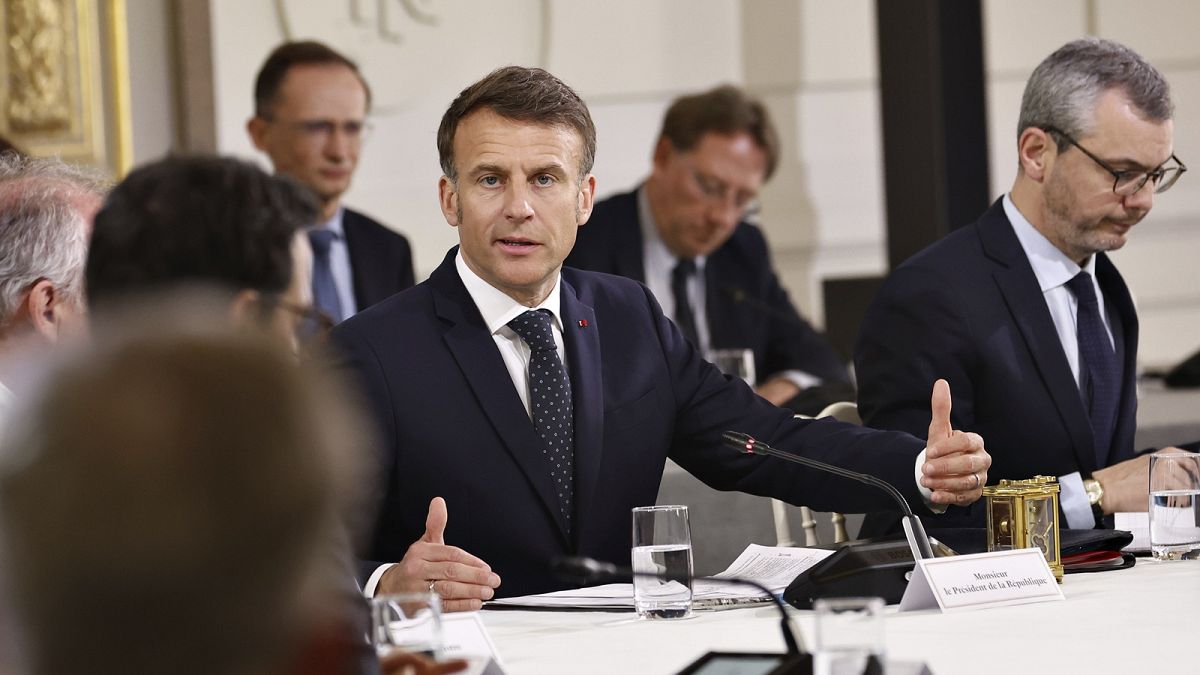
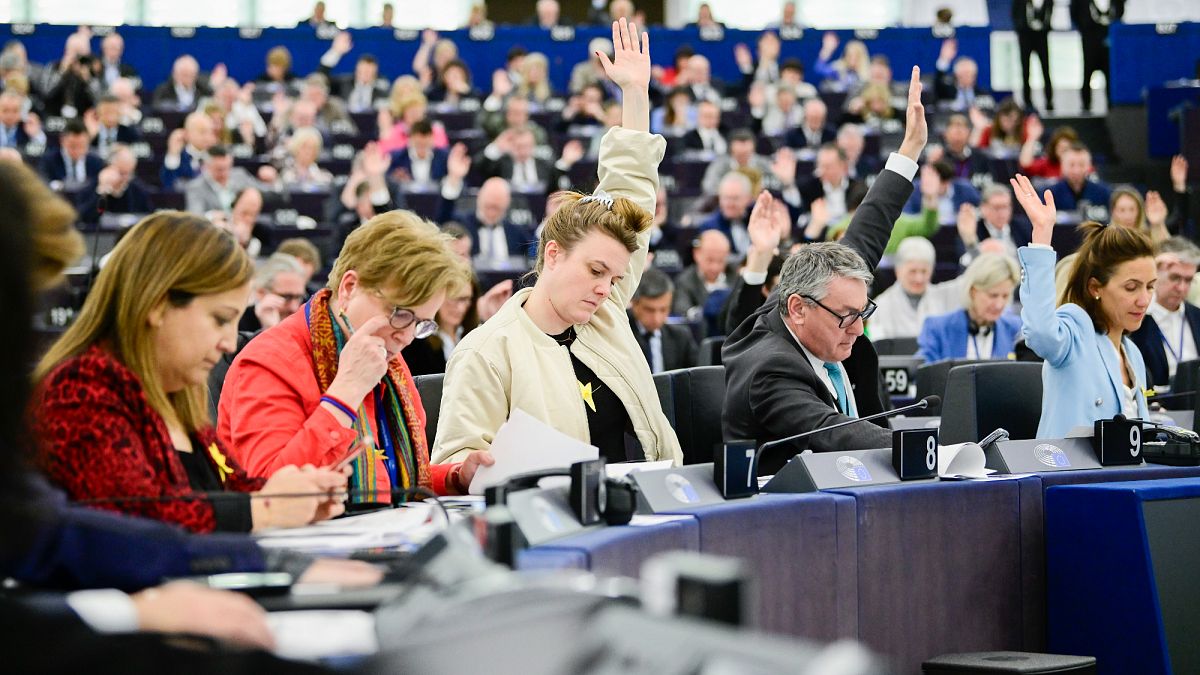
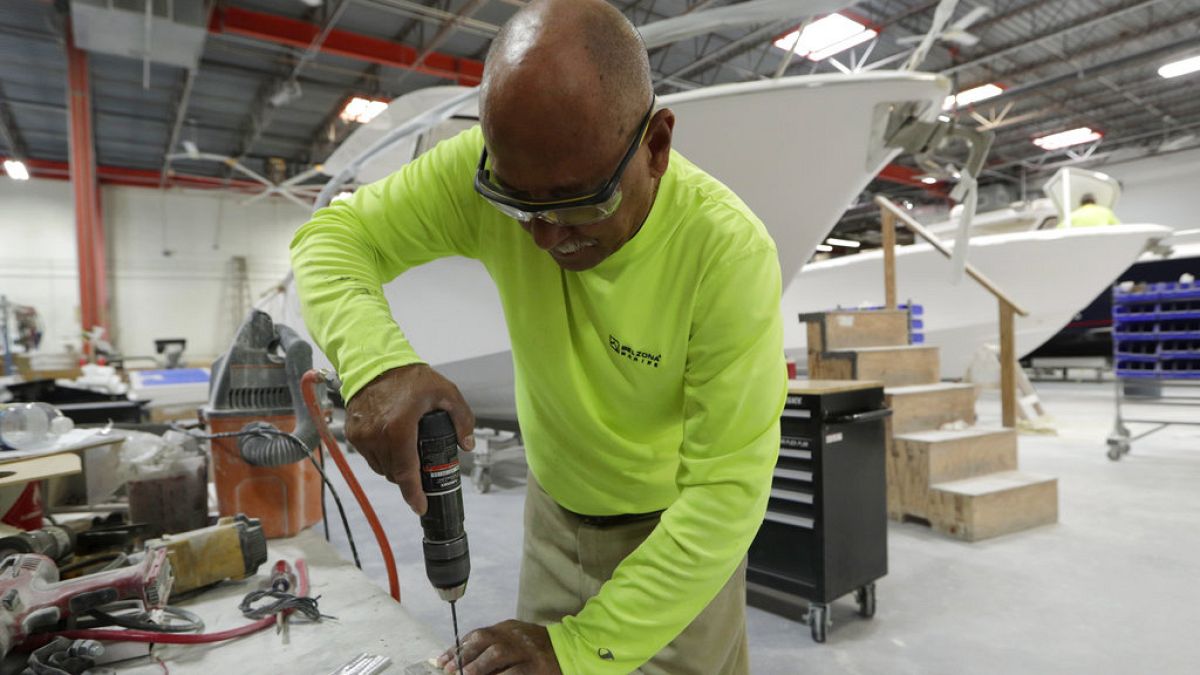
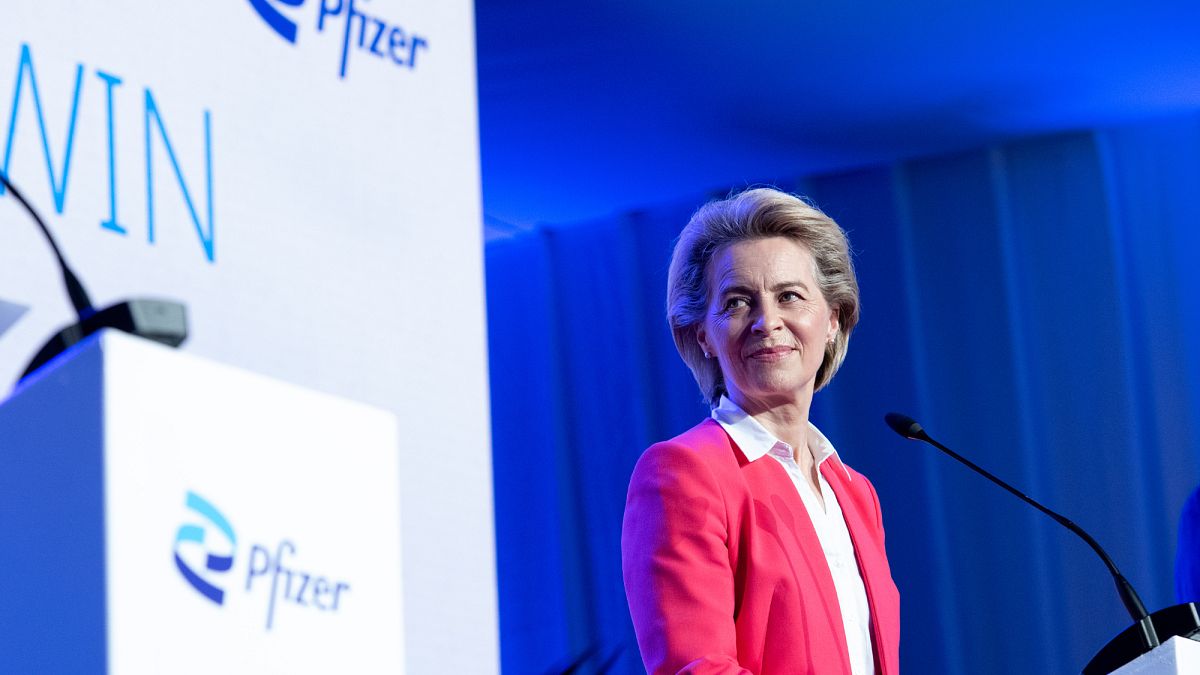
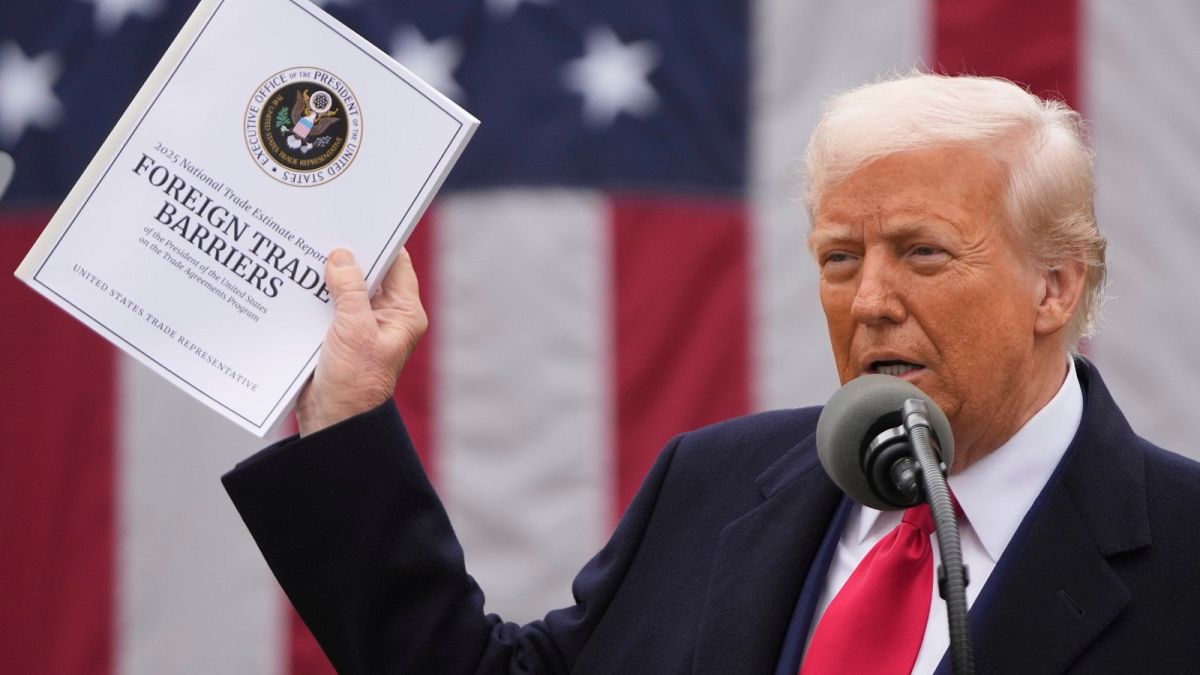
 We deliver critical software at unparalleled value and speed to help your business thrive
We deliver critical software at unparalleled value and speed to help your business thrive






 English (US) ·
English (US) ·